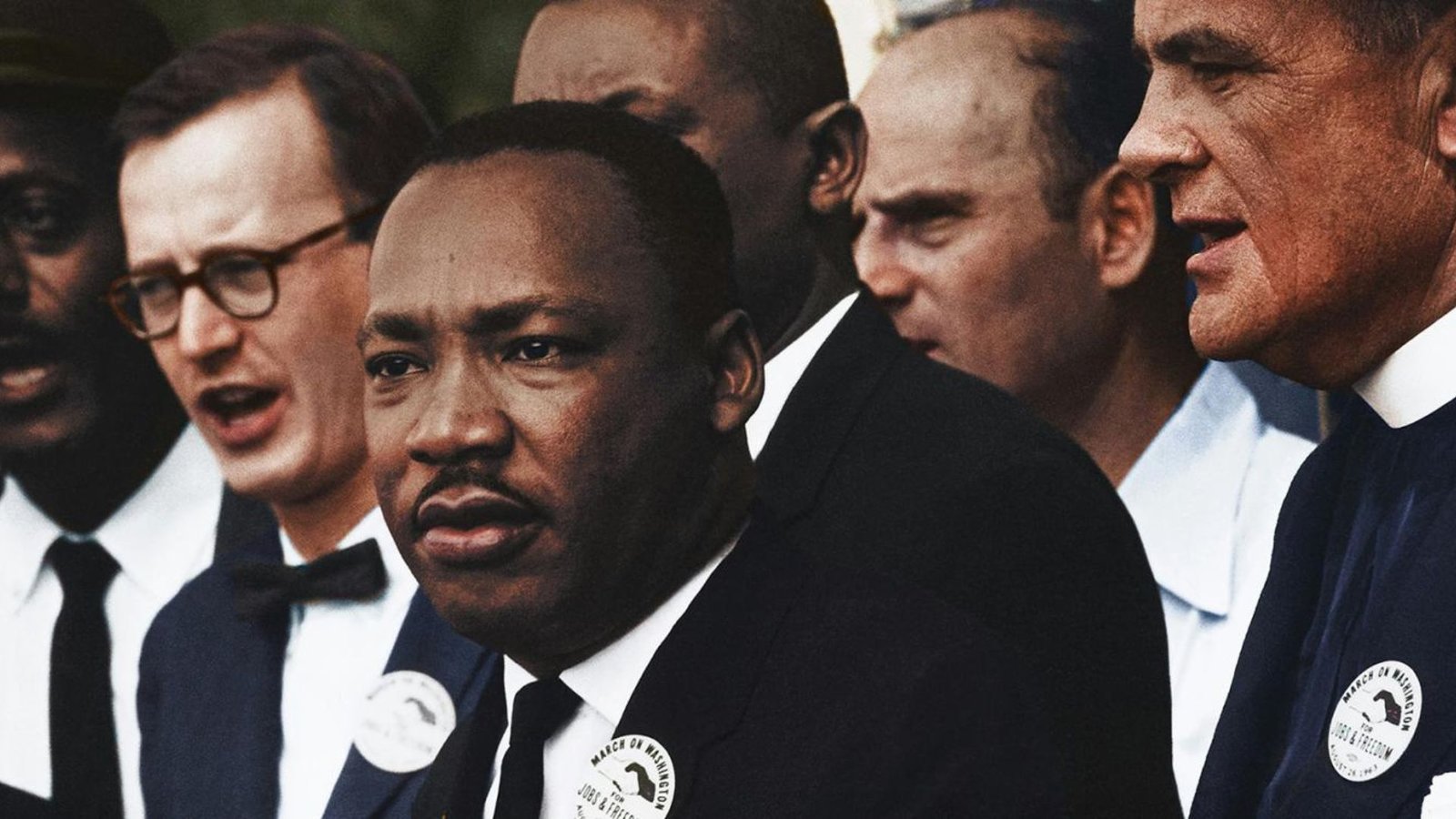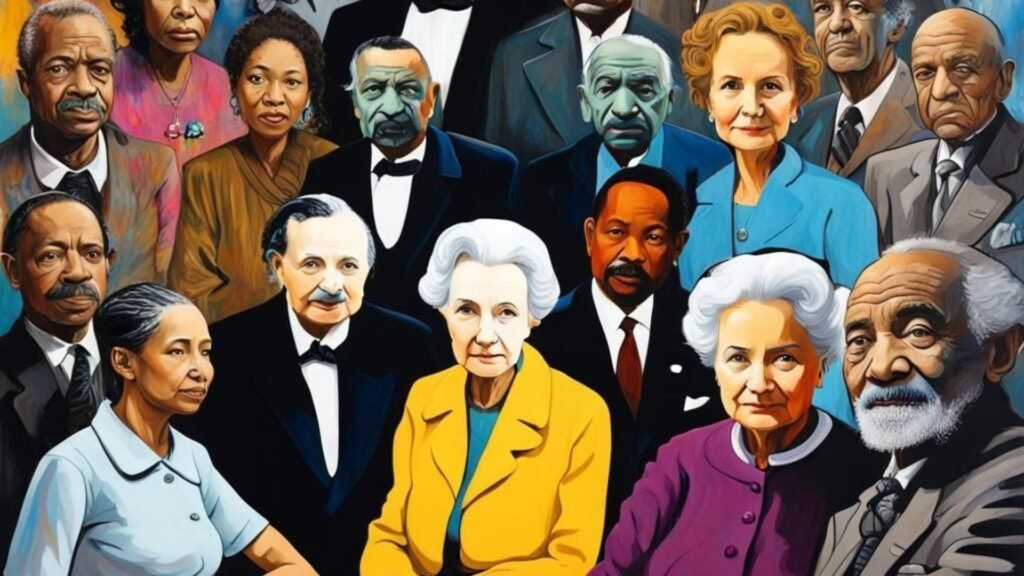Studying historical figures can provide valuable insights into effective leadership. These leaders faced challenges and opportunities that shaped their strategies and decisions. By examining their experiences, we can learn timeless lessons applicable to today’s leadership challenges.

Lessons from Alexander the Great
The Power of Vision
Alexander the Great demonstrated the importance of having a clear vision. His ambition to create a vast empire guided his decisions and actions. Leaders today can learn from his example by setting clear goals and inspiring their teams to work towards them.
Adaptability in Leadership
Alexander was known for his ability to adapt to new situations. He faced diverse challenges in different regions and adjusted his strategies accordingly. Modern leaders should embrace flexibility and be ready to adjust their plans based on changing circumstances.
Insights from Abraham Lincoln
The Value of Empathy
Abraham Lincoln’s leadership during the American Civil War highlighted the power of empathy. He understood the struggles of both sides and worked to bring people together. Leaders can benefit from showing empathy and understanding the perspectives and needs of their team members.
The Importance of Integrity
Lincoln’s commitment to honesty and moral principles set a standard for leadership. His integrity earned him the trust and respect of others. Leaders should uphold strong ethical values and be transparent in their actions to build credibility and trust.
Strategies from Winston Churchill
The Role of Resilience
Winston Churchill’s leadership during World War II showed the importance of resilience. Despite numerous setbacks, he remained determined and motivated his country. Leaders today can learn from Churchill’s example by maintaining a positive attitude and perseverance in the face of adversity.
Effective Communication
Churchill was renowned for his powerful speeches and clear communication. He effectively conveyed his vision and rallied support. Leaders should focus on developing strong communication skills to inspire and engage their teams.
Principles from Nelson Mandela
Leading by Example
Nelson Mandela’s leadership was marked by his commitment to justice and equality. He led by example and demonstrated the values he wished to see in others. Leaders should model the behavior they expect from their team and create a culture of respect and collaboration.
The Power of Forgiveness
Mandela’s approach to reconciliation and forgiveness played a crucial role in South Africa’s transition from apartheid. His willingness to forgive former adversaries helped heal divisions. Leaders can benefit from practicing forgiveness and focusing on building positive relationships.
Takeaways for Modern Leaders
Applying Historical Lessons Today
The leadership lessons from these historical figures remain relevant in today’s business world. By understanding their strategies and values, modern leaders can apply these principles to their own challenges. This approach helps create effective leadership practices grounded in proven strategies.
Emphasizing Continuous Learning
Studying historical leaders highlights the importance of continuous learning. Leaders should seek to understand the experiences of others and apply these insights to their own leadership style. This ongoing learning process helps improve leadership effectiveness and adaptability.
Conclusion
Leadership lessons from famous historical figures offer valuable insights for modern leaders. By studying the experiences and strategies of individuals like Alexander the Great, Abraham Lincoln, Winston Churchill, and Nelson Mandela, we can learn important principles that enhance our own leadership skills. Embracing these lessons, focusing on vision, empathy, resilience, and leading by example can guide us towards more effective and inspiring leadership in today’s world.

